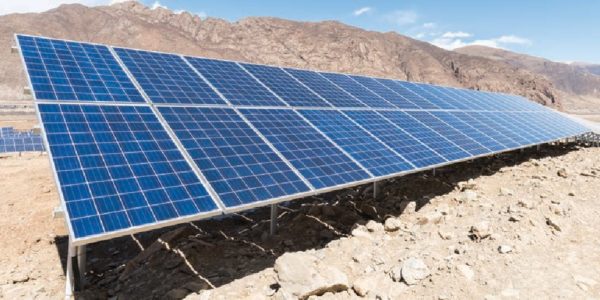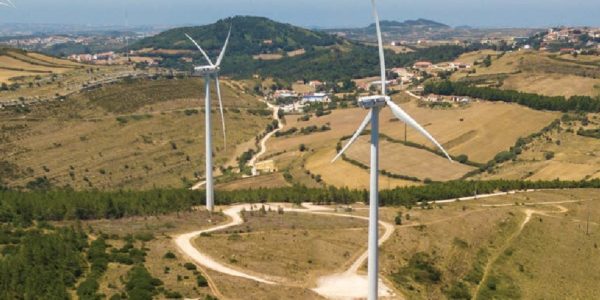Solar Energy
Re development of a fordable, inexhaustible and clean solar energy technologies will have huge long-term benefits. It will increase countries’ energy security through reliance on an indigenous, inexhaustible and mostly import-independent resource, enhance sustainability, reduce pollution, lower the costs of mitigating global warming, and keep fossil fuel prices lower than otherwise.
View Service DetailWind Power
Like other renewable energy sources, wind power is plentiful, widely distributed, clean, and produces no greenhouse gas emissions. Moreover, wind turbines consume no water and use relatively little land. Onshore wind is an inexpensive source of electric power, competitive with or often cheaper than coal or gas plants.
View Service DetailHydropower
Since ancient times, power derived from moving water has been harnessed as a renewable energy source, becoming widely used for generating electricity in the late 19th century. Currently, international organizations such as the World Bank view hydropower as a desirable means for economic development, since, like solar and wind, it does not add carbon to the atmosphere.
View Service DetailNatural Gas
Natural gas is a major source of electricity generation that is well- suited for use in combination with renewable energy sources such as wind, solar and hydropower. Natural gas burns more cleanly than other fuels, such as oil and coal, producing only about half the carbon dioxide per kilowatt-hour (kWh) that coal does.
View Service Detail



